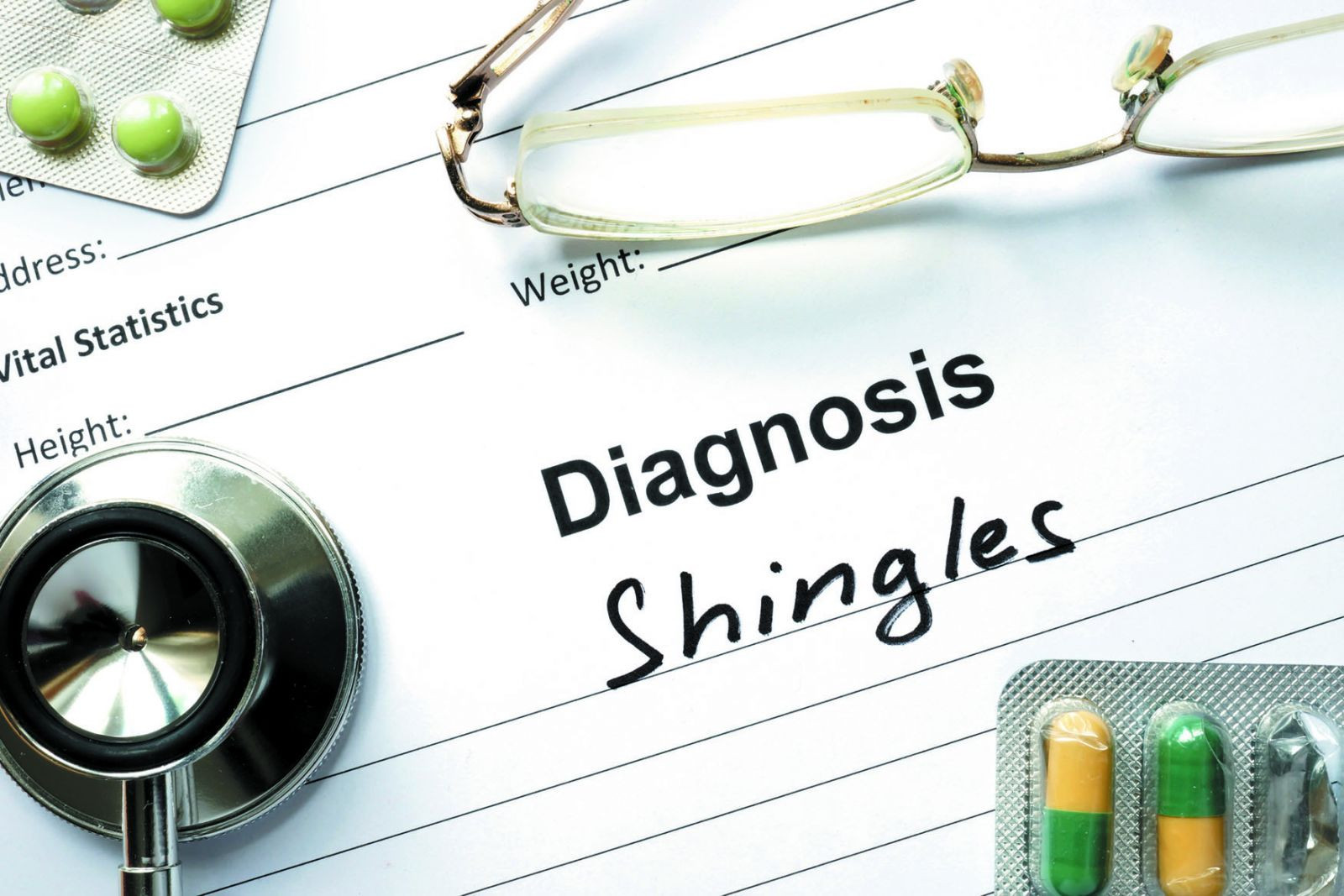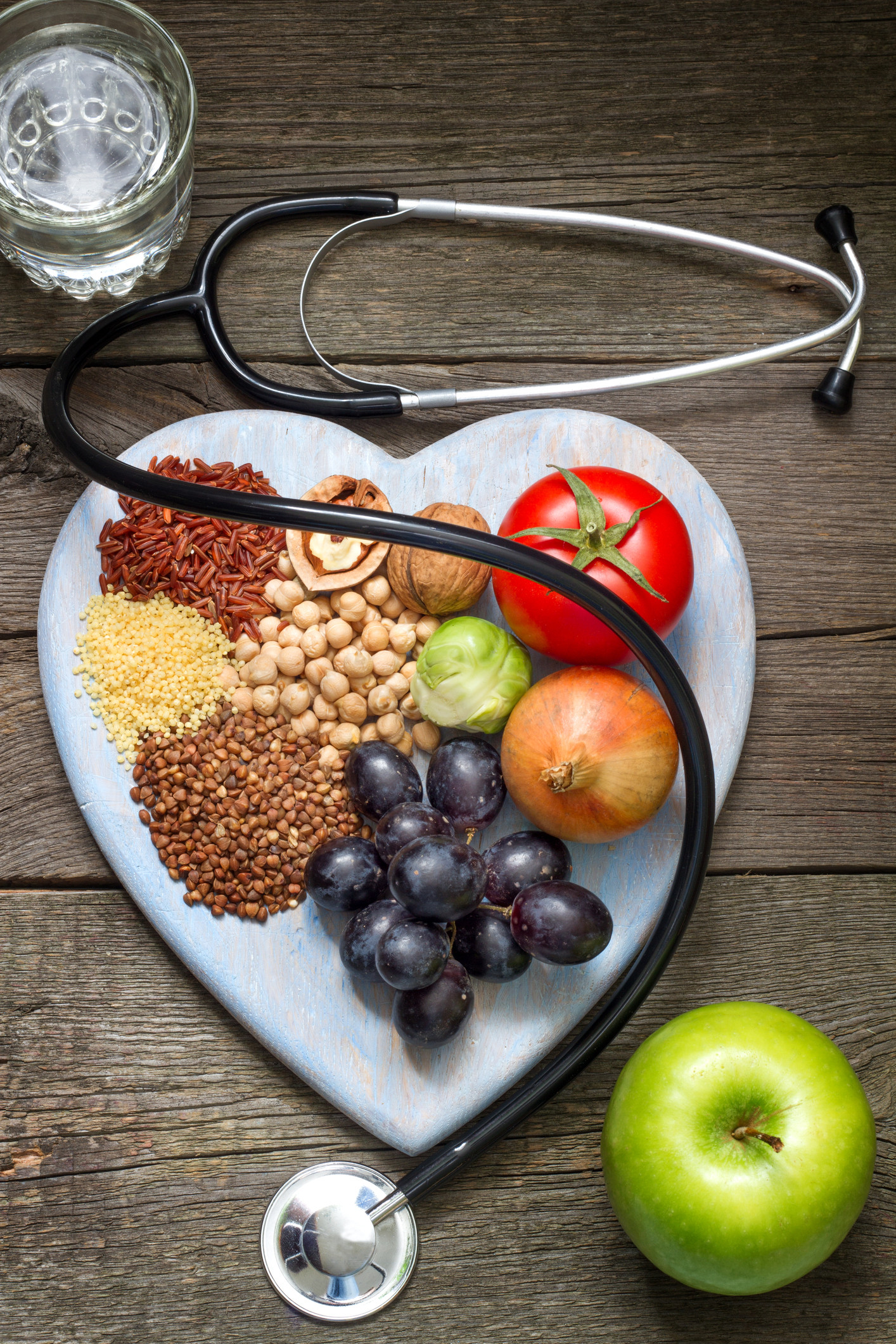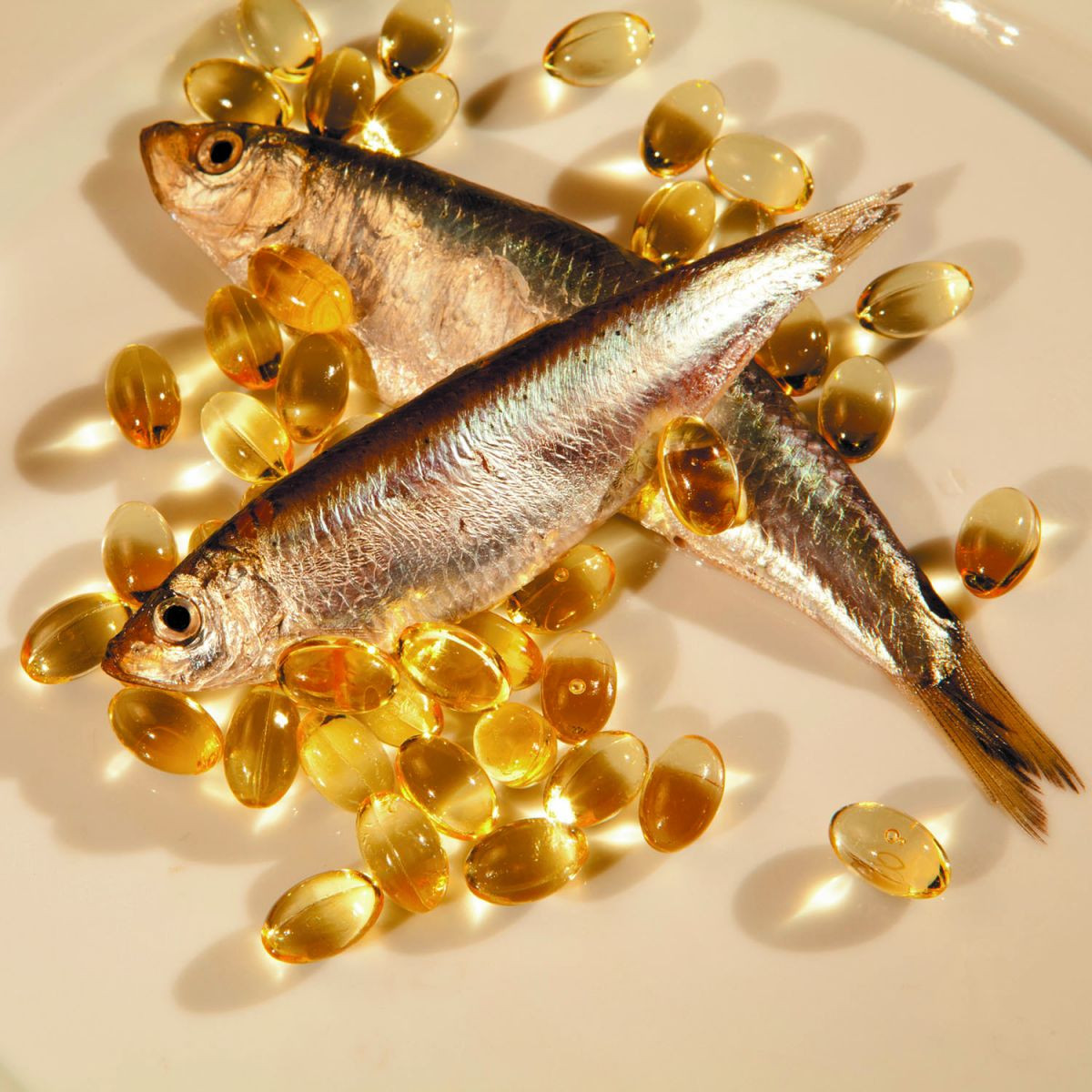
What are somatic workouts?

How to curb your stress eating

How to spot Parkinson’s disease symptoms

8 simple ways to reduce ultra-processed foods in your diet

Heart failure symptoms in women: How they’re different

GERD diet: Foods to avoid to reduce acid reflux

Strong is the new skinny

Everyday habits that sneakily weaken your bones

Don’t wait to get help for back pain

Correcting how you walk may ease osteoarthritis knee pain
Heart Health Archive
Articles
Shingles may raise heart attack risk
Research we're watching
Image: © designer491/Thinkstock
People who develop the painful, blistering rash known as shingles may be more susceptible to a heart attack, according to a study in the July 11, 2017, Journal of the American College of Cardiology. Also known as herpes zoster, shingles results from a reactivation of the virus that causes chickenpox, which most adults had during childhood.
Researchers relied on a Korean health database to identify people newly diagnosed with shingles, stroke, or heart attack over 10 years. Among the nearly 520,000 people they followed for that period, just over 23,000 were diagnosed with shingles, whom they compared with a similar number of people without shingles. People who'd had shingles had a 59% higher risk of later having a heart attack and a 35% higher risk of having a stroke compared with people who did not have shingles. The risk was highest during the first year after the onset of shingles and then diminished over time.
Don’t fear pacemakers
Today's versions can correct many types of heart conditions that can keep you active and help you live longer.
Image: © cacaroot/Thinkstock
Think of a pacemaker, and perhaps the image of a frail person stuck on the couch comes to mind. If so, you need to update your mindset. For many men, these tiny electronic devices can change their lives for the better.
"The likelihood of needing a pacemaker increases with age," says Dr. Peter Zimetbaum, a cardiologist with Harvard-affiliated Beth Israel Deaconess Medical Center. "The good news is that today's pacemakers have evolved from fixing irregular heartbeats to helping the heart mimic normal function, all of which can help many men with certain heart conditions stay more active longer."
A good night’s sleep: Advice to take to heart
Irregular or insufficient sleep increases your risk of cardiovascular disease.
Image: © Photodjo/Thinkstock
If you're one of the many people who toss and turn nightly, you already know that a bout of sleeplessness can hamper your productivity and sap your quality of life. But the ramifications of poor sleep extend far beyond a cranky mood. Research shows that an on-going sleep deficit can ultimately endanger your heart health.
Hazards of poor sleep
Tens of millions of Americans experience a chronic lack of sleep. While some people shortcut the customary eight hours of snooze time in favor of work or social pursuits, many others suffer from insomnia or another disorder that curtails a healthy slumber.
Taming high triglycerides without fish oil?
Ask the doctor
Image: © JanIngeskogheim/Thinkstock
Q. My doctor prescribed Lovaza to help lower my high triglyceride level, which is 530 milligrams per deciliter (mg/dL). But I'm a vegetarian and don't want to take a drug made from fish oil. Are there other options?
A. You're not alone: several of my vegetarian patients also have asked me this question. But let's begin with some background. Triglycerides — which are the main form of fat found in our bodies — are part of a standard lipid panel blood test. Values higher than 150 mg/dL are associated with a higher risk of heart disease.
Food trends and your heart
The type and amount of fat, carbohydrate, sugar, and salt in our food supply has changed over the years — for better and for worse.
Remember when packaged foods emblazoned with the words "fat free" seemed to be everywhere? Then came labels boasting "zero grams of trans fat." "Sugar free" and "low sodium" claims soon joined the chorus. These days, gluten-free foods are all the rage.
For the most part, these food industry trends echoed the nutritional mantras of the time and were designed to improve our health — especially cardiovascular health. Not only is heart disease the nation's leading killer, there's overwhelming evidence that better dietary choices could prevent many heart attacks and strokes. But just how successful have these efforts been?
The genetics of heart disease: An update
Recent discoveries hold the promise of better detection and treatment of coronary artery disease.
Image: © Wavebreakmedia Ltd/Thinkstock
Coronary artery disease — the buildup of cholesterol-laden plaque in the heart's arteries — is by far the most prevalent life-threatening heart condition. Despite many important discoveries, the genetic influence on this complex condition remains far from clear. But research continues to provide clues that may soon improve both the prediction and the treatment of this common disease beyond current testing of risk factors.
Inherited heart disease: Rare vs. common
Many different types of heart disease can be passed down through families. Some are caused by just one or a few genetic changes that have a very strong effect in causing disease. Known as monogenic conditions, they include uncommon disorders that mostly affect the heart's muscle (such as hypertrophic cardiomyopathy) or electrical system (such as long QT syndrome). Another example is familial hypercholesterolemia, which causes very high cholesterol levels and may lead to premature coronary artery disease (occurring before age 50).
Walking the dog: Yes, it counts as exercise
A canine companion may help older people stay active — and provide other heartfelt benefits.
Image: © Tatiana_Stulbo/Thinkstock
If you're among the many millions of dog owners in the United States, you're probably more active than most people without a canine companion at home. But that's just one of the potentially heart-protecting benefits dog owners enjoy, says Dr. Elizabeth Frates, director of wellness programming at Harvard-affiliated Spaulding Rehabilitation Hospital.
"A dog provides love, companionship, and a sense of purpose that propels you to get outside walking every day," says Dr. Frates. Daily exercise is probably the most tangible benefit of dog ownership, she notes. And a new study suggests that the added activity counts toward recommended physical activity goals.
Key ingredient in red yeast rice supplements varies dramatically
Research we're watching
Have you considered taking a red yeast rice supplement to "naturally" lower your cholesterol, either instead of or in addition to a prescription statin? Think again. These popular over-the-counter supplements contain an ingredient identical to the one found in the prescription drug lovastatin (Mevacor) — but in completely unpredictable amounts, a new study finds.
Researchers tested 28 different brands of red yeast rice from four mainstream retailers (GNC, Walgreens, Walmart, and Whole Foods). Two brands contained no detectable levels of the active ingredient, called monacolin K. In the other 26, monacolin K levels ranged from a trace to nearly 5.5 milligrams (mg) per 1,200 mg of red yeast rice. For some brands, the recommended daily serving overlapped with the dosage of prescription lovastatin.
A salad a day keeps stroke away?
Research we're watching
Image: © pilipphoto/Thinkstock
New research suggests that eating plenty of nitrate-rich vegetables — such as lettuce, spinach, and beets — may lower your risk of dying of a stroke or heart attack.
During digestion, your body converts nitrates into nitric oxide. This compound relaxes and widens blood vessels, which helps lower blood pressure. But does that translate to a longer life? To find out, researchers studied the diets of 1,226 older women who had no signs of fatty plaque in their arteries (atherosclerosis) and tracked them for 15 years.

What are somatic workouts?

How to curb your stress eating

How to spot Parkinson’s disease symptoms

8 simple ways to reduce ultra-processed foods in your diet

Heart failure symptoms in women: How they’re different

GERD diet: Foods to avoid to reduce acid reflux

Strong is the new skinny

Everyday habits that sneakily weaken your bones

Don’t wait to get help for back pain

Correcting how you walk may ease osteoarthritis knee pain
Free Healthbeat Signup
Get the latest in health news delivered to your inbox!
Sign Up











